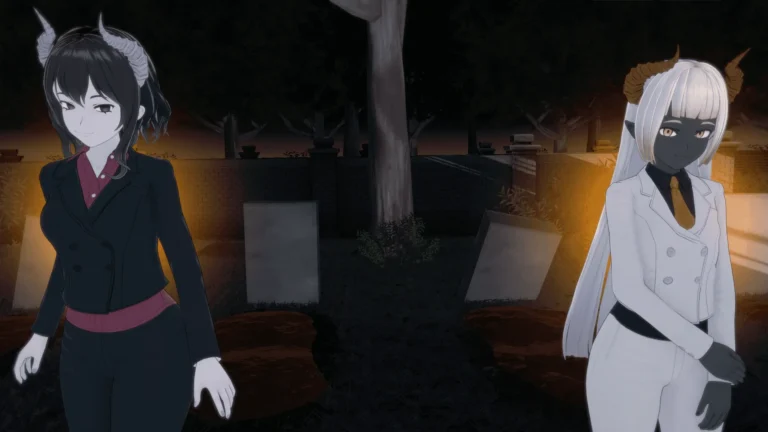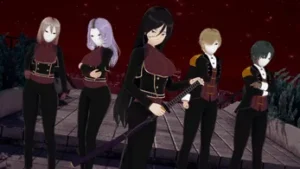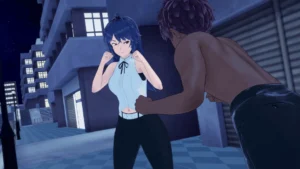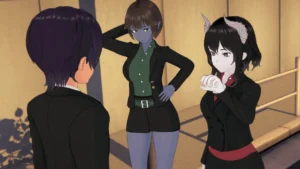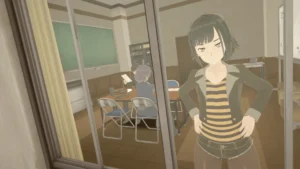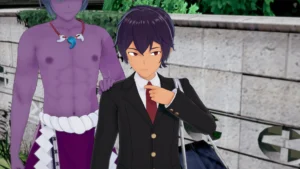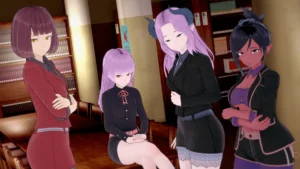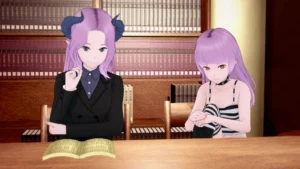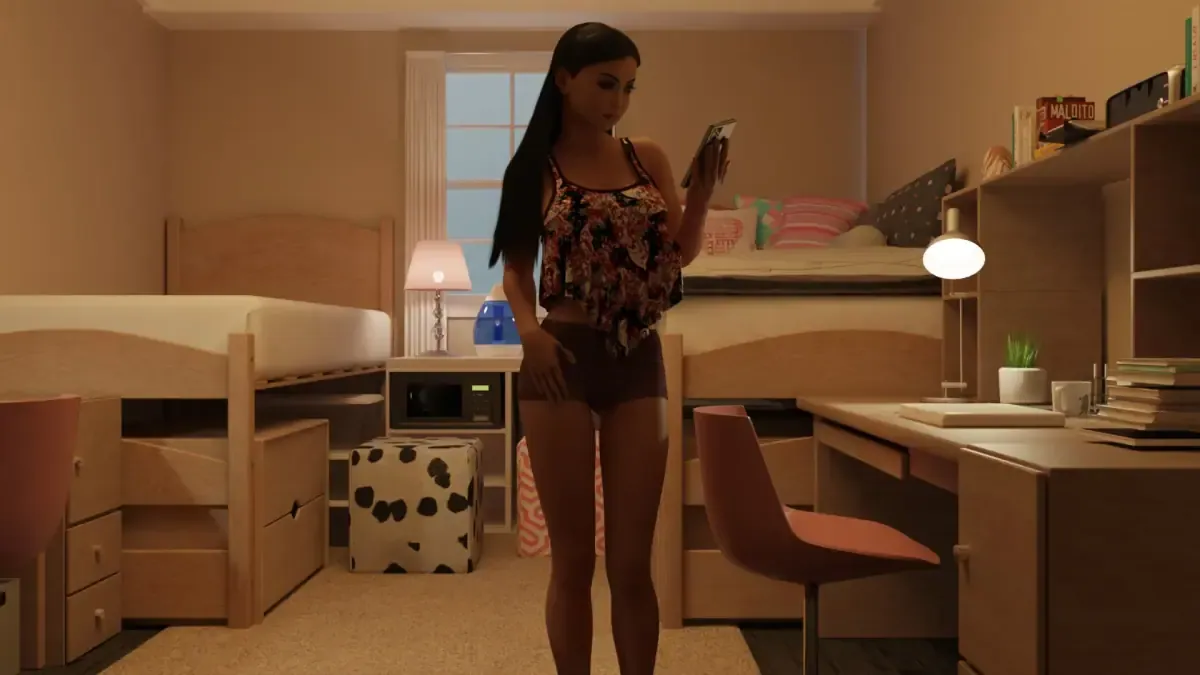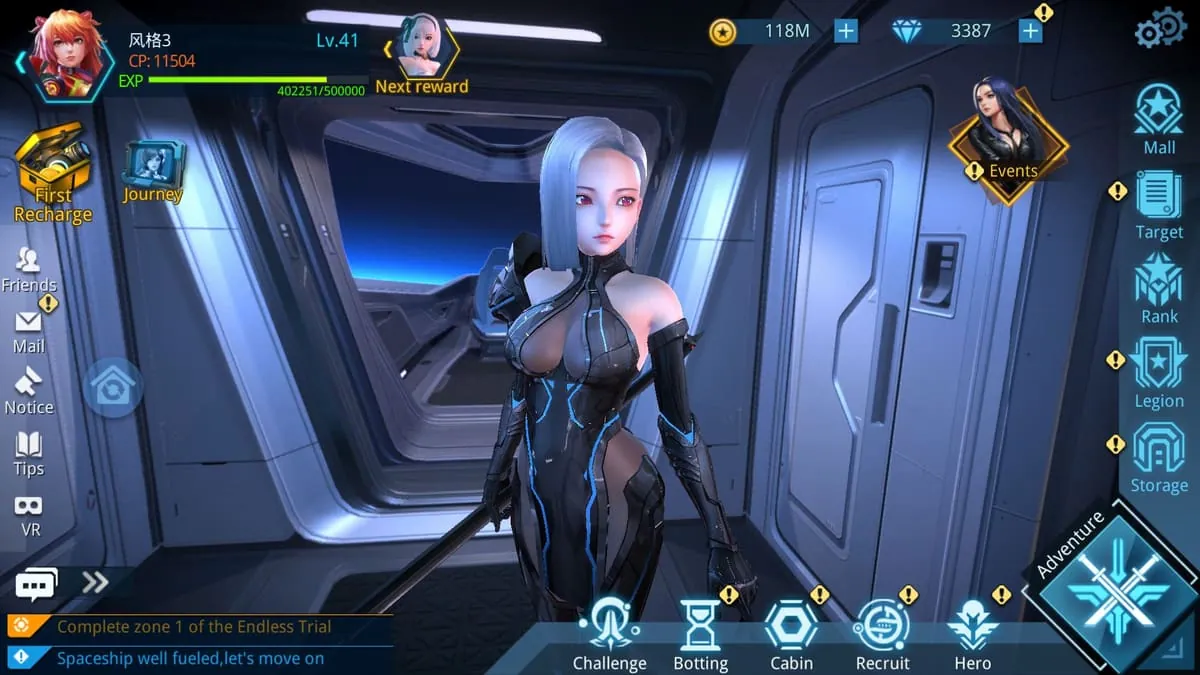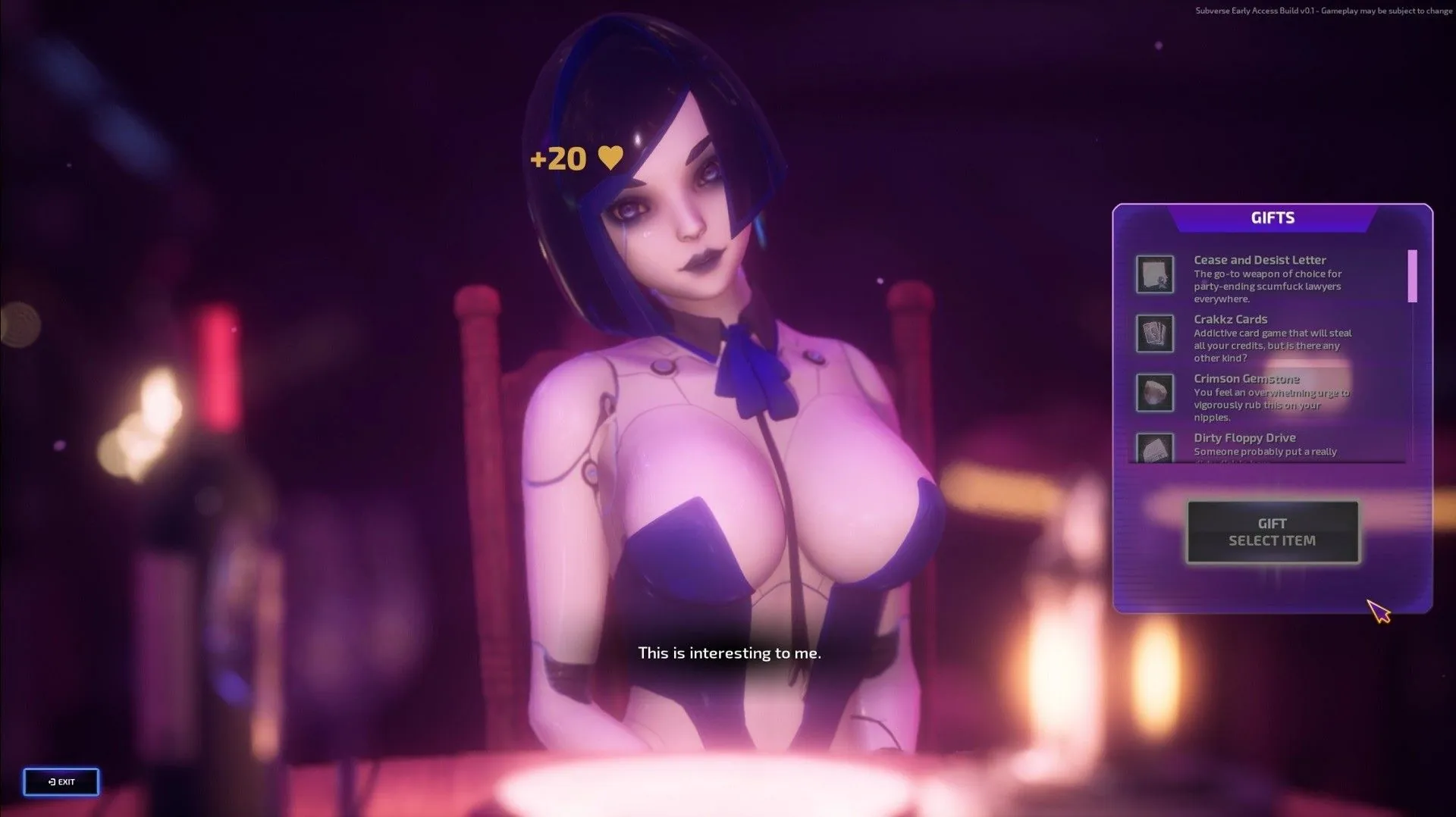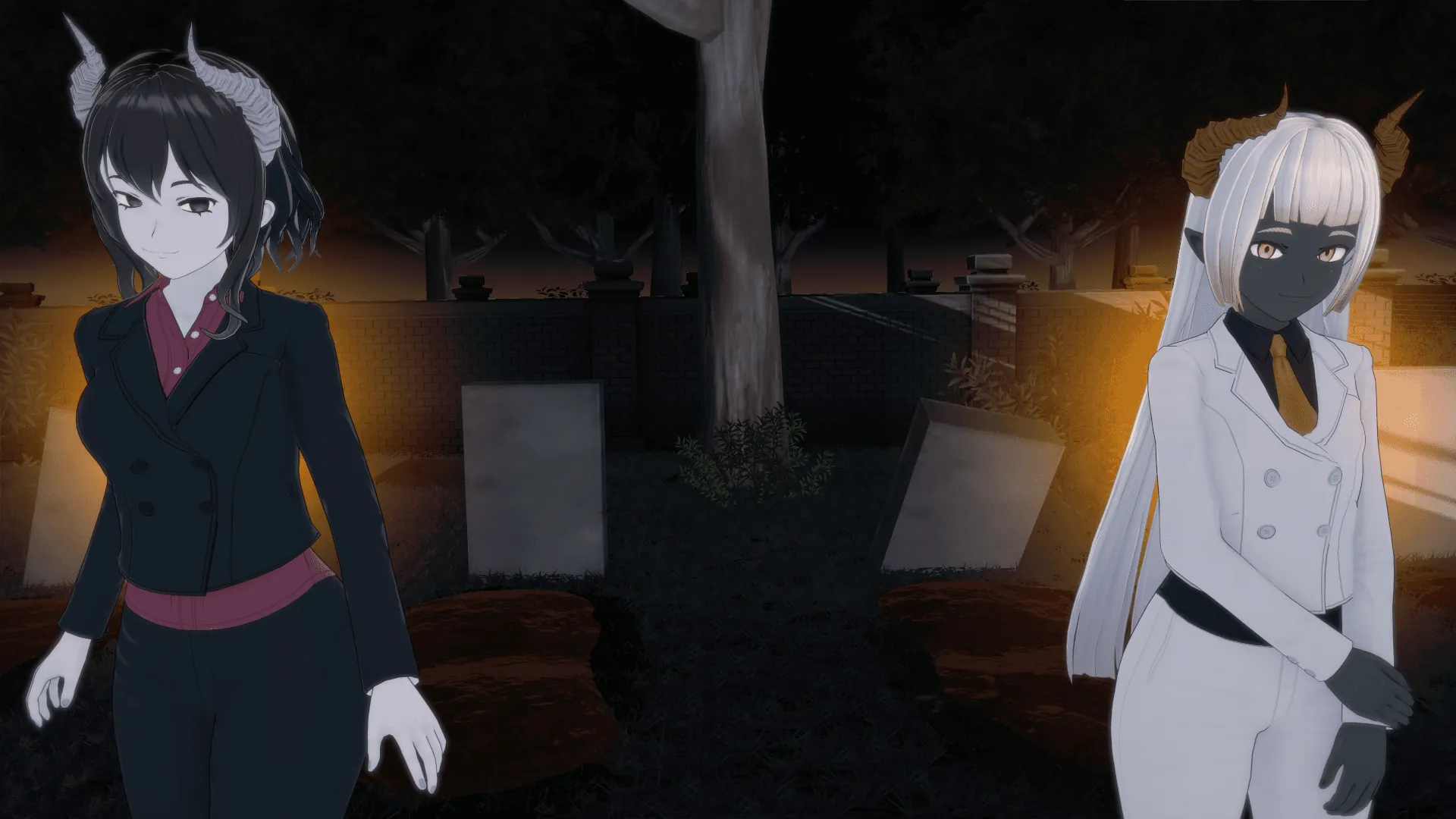
Demons of the Hearth
Play Demons of the Hearth
Demons of the Hearth review
Explore the Story, Characters, and Gameplay of Demons of the Hearth
Demons of the Hearth is a unique visual novel game that blends rich storytelling with immersive character interactions. This article dives into the core aspects of Demons of the Hearth, highlighting its narrative depth, character diversity, and gameplay features. Whether you’re a newcomer or looking to deepen your experience, this guide offers practical insights and personal reflections on what makes this game stand out in its genre.
What Makes Demons of the Hearth Unique?
Let me tell you about the first time I realized Demons of the Hearth was something special. I was an hour into my first playthrough, and a seemingly minor choice I’d made—whether to comfort a character or give them space—came back in a way that completely reshaped a later conversation. My heart actually sank. 😮 That’s the magic of this game; it doesn’t just tell you a story, it makes you an integral part of it. 🏠 If you’re looking for a visual novel that goes beyond the ordinary, you’ve found it.
Engaging Storyline and Character Development
At its core, the Demons of the Hearth storyline is a masterclass in emotional storytelling. It’s not about epic battles or saving the world; it’s about saving a family, and in many ways, saving yourself. You play as a character returning to a fractured family home, tasked with uncovering long-buried secrets and mending broken relationships. The brilliance of the Demons of the Hearth storyline lies in its quiet, intimate scale. The “demons” are both metaphorical—like grief, regret, and resentment—and, intriguingly, perhaps something more. 👻
This narrative depth is powered by its incredible cast. The Demons of the Hearth characters are some of the most authentically written personas I’ve encountered. They feel like real people, with layered personalities, flawed histories, and believable motivations. You won’t find one-note tropes here. Instead, you get to unravel complex individuals, and your relationships with them form the very backbone of the experience.
The developers have placed a strong emphasis on character diversity in Demons of the Hearth, which adds a rich, relatable texture to the story. The family and its extended circle represent a wide spectrum of backgrounds, life experiences, and perspectives, making the world feel genuine and lived-in. This diversity isn’t just for show; it directly influences the narrative conflicts and the unique insights each character brings to the central mystery.
Here’s a quick look at some of the key figures you’ll get to know:
| Character | Role | Key Personality Trait |
|---|---|---|
| Elara | The Estranged Sister | Guarded & Independent 🛡️ |
| Leo | The Childhood Friend | Loyal & Observant 🔍 |
| Maya | The Family Historian | Intuitive & Secretive 📖 |
| Arthur | The Patriarch | Stoic & Burdened 🪨 |
My personal journey with Elara was a rollercoaster. I initially found her cold and distant, but by choosing dialogue options that showed patience instead of frustration, I slowly unlocked a vulnerable, caring side of her I never knew existed. This level of development is what makes the Demons of the Hearth characters so memorable.
Gameplay Mechanics and Player Choices
If you’re new to the genre, don’t worry. The Demons of the Hearth gameplay is incredibly accessible yet deeply rewarding. This is where the game truly shines and separates itself from the pack. The core of the experience is built on a foundation of solid visual novel game mechanics, but it’s the execution that’s exceptional.
The most critical aspect is the system of interactive story choices. Nearly every decision you make, from the monumental to the mundane, carries weight. The game expertly tracks your allegiances, your tone, and even your silences. I learned this the hard way when I casually agreed with one character in Chapter 2, only to have another character reference my “betrayal” three chapters later, altering their entire route. 😅
The Demons of the Hearth gameplay loop is brilliantly simple:
* Read and Absorb: Immerse yourself in the beautifully written narrative.
* Choose Your Path: When prompts appear, make your interactive story choices based on your instincts. Will you be compassionate, confrontational, or evasive?
* Witness the Consequences: See the story branch and evolve based on your actions. There are no “game over” screens, only different outcomes.
Pro Tip: Don’t try to “game” the system on your first playthrough. Play authentically, as yourself. The emotional payoff is far greater when you’re living with your genuine decisions, not ones you calculated for a specific ending.
The visual novel game mechanics also include a subtle relationship meter and a log of key discoveries that help you keep track of your progress. Recent game updates Demons of the Hearth have even refined this system, making the cause-and-effect of your choices slightly more transparent without spoiling the surprises, a direct response to player feedback.
Visual and Audio Design Elements
You can’t talk about what makes this game unique without praising its stunning atmosphere. From the moment you start, the art style pulls you into its melancholic yet hopeful world. The backgrounds are painted with a soft, almost watercolor-like quality, making the old family home feel both cozy and haunting. ✨
The character sprites are exquisitely detailed, with subtle animations that bring them to life—a slight shift in posture, a nervous glance, a genuine smile. This attention to detail makes conversations feel dynamic and real. The character diversity in Demons of the Hearth is also reflected beautifully in the art, with each design feeling unique and purposeful.
But the unsung hero is the audio design. The soundtrack is a character in itself. It’s mostly composed of gentle piano melodies and ambient sounds that perfectly underscore the emotional tone of each scene. I remember one specific rainy evening in the game, sitting in the virtual library with a character, and the soft piano track that was playing made the conversation feel so intimate and profound. I actually stopped clicking just to listen. 🎹
The sound effects are just as thoughtful. The creak of a floorboard, the patter of rain against a window, the crackle of a fireplace—it all builds a soundscape that is incredibly immersive. These elements work in harmony to make you feel like you are truly inside that house, dealing with your own Demons of the Hearth storyline.
It’s also worth noting that the developers are consistently refining this experience. The latest game updates Demons of the Hearth have included optimizations for wider screens and additional language options, showing a commitment to making the game accessible to more players.
In the end, Demons of the Hearth is more than a game; it’s an emotional journey. It’s a testament to the power of interactive story choices and how profound a story can be when you’re the one holding the pen. The memorable Demons of the Hearth characters, the gripping Demons of the Hearth storyline, and the elegant Demons of the Hearth gameplay come together to create an experience that stays with you long after you’ve closed the game. It’s a heartwarming, and sometimes heart-wrenching, exploration of family, and it’s an adventure I cannot recommend enough.
Demons of the Hearth offers a compelling blend of narrative depth, character variety, and engaging gameplay mechanics that make it a memorable experience for fans of visual novel games. Its evolving story and player-driven choices create a dynamic world worth exploring. Whether you’re drawn to its characters or the immersive storytelling, this game invites you to dive deep and discover its many layers. Ready to start your journey? Explore Demons of the Hearth and see where your choices lead.
